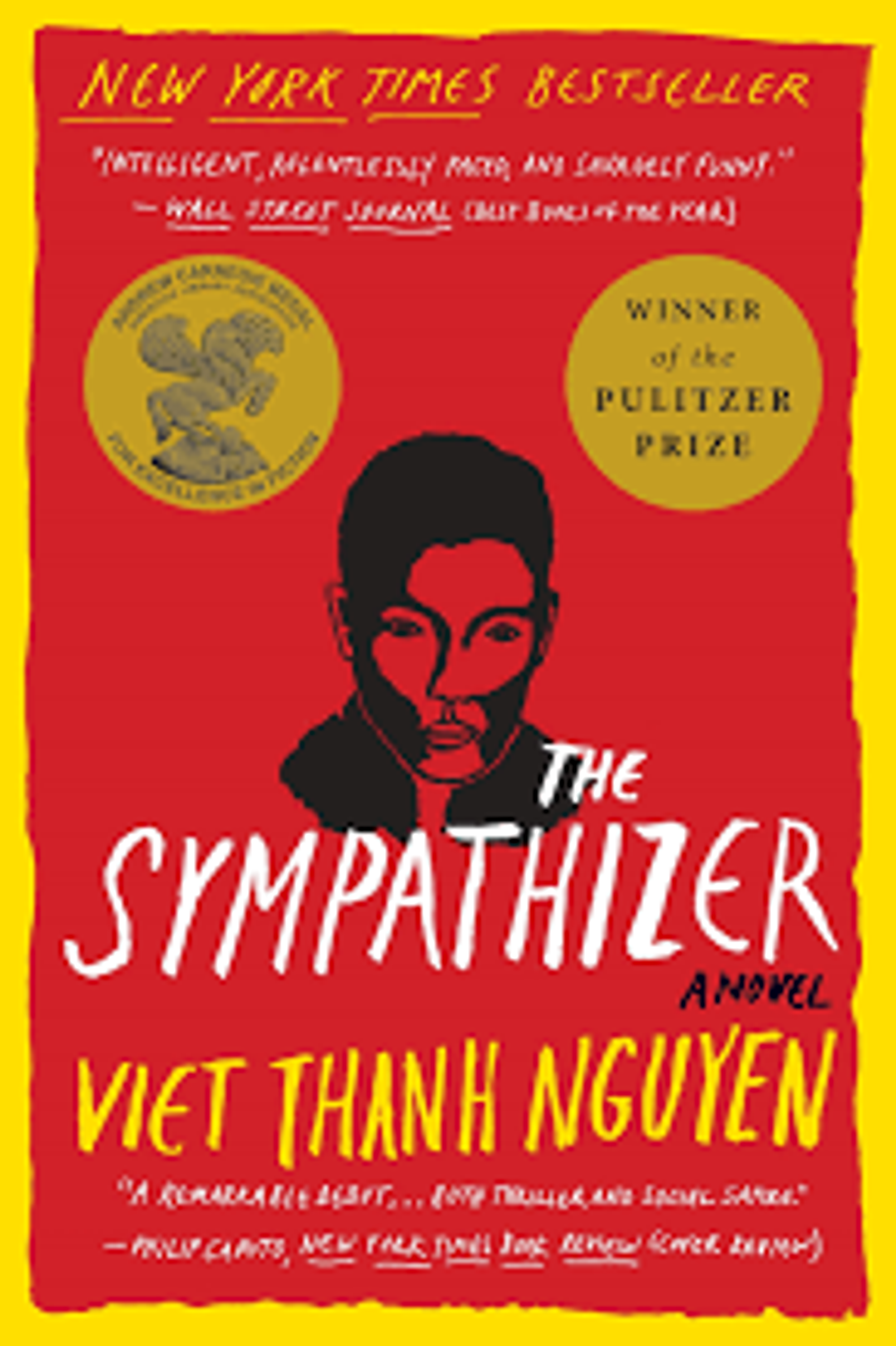Fish sauce
We did our best to conjure up the culinary staples of our culture, but since we were dependent on Chinese markets our food had an unacceptably Chinese tinge, another blow in the gauntlet of our humiliation that left us with the sweet-and-sour taste of unreliable memories, just correct enough to evoke the past, just wrong enough to remind us that the past was forever gone, missing along with the proper variety, subtlety, and complexity of our universal solvent, fish sauce. Oh, fish sauce! How we missed it, dear Aunt, how nothing tasted right without it, how we longed for the grand cru of Phu Quoc Island and its vats brimming with the finest vintage of pressed anchovies! This pungent liquid condiment of the darkest sepia hue was much denigrated by foreigners for its supposedly horrendous reek, lending new meaning to the phrase “there’s something fishy around here,” for we were the fishy ones. We used fish sauce the way Transylvanian villagers wore cloves of garlic to ward off vampires, in our case to establish a perimeter with those Westerners who could never understand that what was truly fishy was the nauseating stench of cheese. What was fermented fish compared to curdled milk?
“Italians of Asia”
we fought to the tunes of love songs, for we were the Italians of Asia.
Eating dog
We were strange aliens rumored to have a predilection for Fido Americanus, the domestic canine on whom was lavished more per capita than the annual income of a starving Bangladeshi family. (The true horror of this situation was actually beyond the ken of the average American. While some of us indeed had been known to sup on the brethren of Rin Tin Tin and Lassie, we did not do so in the Neanderthalesque way imagined by the average American, with a club, a roast, and some salt, but with a gourmand’s depth of ingenuity and creativity, our chefs able to cook canids seven different virility-enhancing ways, from extracting the marrow to grilling and boiling, as well as sausage making, stewing, and a few varieties of frying and steaming—yum!
Unabashed desire for American luxury
I had sat on exactly such a splintery toilet seat throughout my childhood, and remembered very well the catfish jockeying for the best seat at the dining table when I assumed the position. The sight of an authentic outhouse stirred neither any sentimental feelings in me nor any admiration for my people’s environmental consciousness. I preferred a flush toilet with a smooth porcelain seat and a newspaper on my lap as reading matter, not between my legs. The paper with which the West wiped itself was softer than the paper with which the rest of the world blew its nose, although this was only a metaphorical comparison. The rest of the world would have been stunned at the luxurious idea of even using paper to blow one’s nose. Paper was for writing things like this confession, not for mopping up excretions. But those strange, mysterious Westerners had exotic ways and wonders, symbolized in Kleenex and double-ply toilet paper. If longing for these riches made me an Occidentalist, I confess to it. I had no desire for the authenticity of my village life with my spiteful cousins and my ungracious aunts, or the rustic realities of being bit on one’s behind by a malarial mosquito when visiting the loo, which might be the case for some of the Vietnamese extras. Harry was planning to make them use this toilet in order to nourish the catfish, while the crew would bask in a battery of chemical toilets on dry land. So far as I was concerned, I was one of the crew, and when Harry invited me to be the first to bless the latrine, I regretfully declined, softening my rejection with a joke.
Oppression
They were too hungry to turn up their noses at the wages I was mandated to offer, a dollar a day, their desperation measured by the fact that not one—let me repeat, not one—haggled for a better wage. I had never imagined the day when one of my countrymen would not haggle, but these boat people clearly understood that the law of supply and demand was not on their side. What truly brought my spirits down, however, was when I asked one of the extras, a lawyer of aristocratic appearance, if the conditions in our homeland were as bad as rumored. Let’s put it this way, she said. Before the communists won, foreigners were victimizing and terrorizing and humiliating us. Now it’s our own people victimizing and terrorizing and humiliating us. I suppose that’s improvement.
